Directory
- Share
Tamara Tajsic
- Alumni
- Serbia
- 2007 PhD Medicine
- Sidney Sussex College
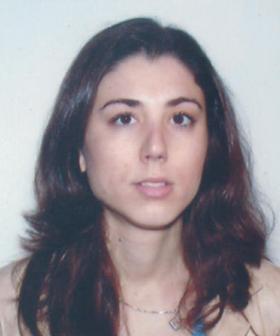
Tamara Tajsic
- Alumni
- Serbia
- 2007 PhD Medicine
- Sidney Sussex College
As a medical student and even later, while working as a physician, I became very frustrated by the fact that by using the current medical knowledge we’re still not able to help our patients as much as we want to. I would be extremely happy if, by doing research, I managed to contribute to the understanding of mechanisms underlying certain diseases.
Daisuke Takagi
- Alumni
- Japan
- 2007 PhD Applied Mathematics
- King's College
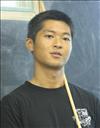
Daisuke Takagi
- Alumni
- Japan
- 2007 PhD Applied Mathematics
- King's College
I'm now an assistant professor in applied math at the University of Hawai'i at Manoa. I run a fluids lab for basic and interdisciplinary research related to biology, engineering, and geophysics. Past projects include the flow of viscous fluids, granular materials, and synthetic microswimmers. Modeling their movements in the lab offers insight into microbial dispersion, lava flows, and many other phenomena in nature.
Munetomo Takahashi
- Scholar
- Japan
- 2021 PhD Biological Science (MRC Toxicology Unit)
- King's College

Munetomo Takahashi
- Scholar
- Japan
- 2021 PhD Biological Science (MRC Toxicology Unit)
- King's College
Born in Tokyo, I became inspired by the impact of microbiologists’ discoveries in the ”Microbe Hunters” and realised that as a physician-scientist, I could engage in translational research to contribute to society in a meaningful way. During my studies in Medicine at the University of Tokyo, I had the opportunity to engage in public health projects - including initiating a project to use black soldier fly larvae to decompose organic waste. Academically, I became interested in how the behaviour of cells in our body causes the emergent properties associated with diseases. To better understand these behaviours, I chose to intermit my studies in Tokyo to gain a more theoretical background through an undergraduate Computer Science degree at the University of Cambridge. My current interest lies in understanding cell behaviour in both the stem cell compartment and the immune response. For my PhD, I aim to uncover how clonal behaviours affect an immune response's success, with the hope that any finding can be translated to the clinic. I have a strong interest in academia's role in progressing society and am looking forward to working and collaborating with like-minded scholars.
Previous Education
University of Tokyo Medicine (intermitted) 2023
Nicolette Taku
- Alumni
- United States
- 2015 MPhil Medical Science (Oncology)
- Murray Edwards College (New Hall)

Nicolette Taku
- Alumni
- United States
- 2015 MPhil Medical Science (Oncology)
- Murray Edwards College (New Hall)
My first hands-on exposure to international health was as an undergraduate student researching Lassa fever in Sierra Leone. However, it was after working with a non-governmental organization in Colombia that I became fully aware of the increasing burden of cancer in regions also affected by infectious diseases. I am currently a medical student at the Perelman School of Medicine at the University of Pennsylvania and aim to be involved in the development of cancer prevention and treatment infrastructures in low and middle income countries. At Cambridge I will be studying for an MPhil in Oncology.
Previous Education
Tulane University of Louisiana
University of Pennsylvania
Rabab Tamish
- Alumni
- Palestine
- 2006 PhD Education
- Queens' College
Rabab Tamish
- Alumni
- Palestine
- 2006 PhD Education
- Queens' College
Previous Education
University of Cambridge MPhil in Educational Research 2007
University of Connecticut MA Education 2004
The Hebrew University of Jerusalem BA Education & General Studies 1999
Catherine Tan
- Scholar
- Philippines
- 2022 PhD Geography
- Fitzwilliam College

Catherine Tan
- Scholar
- Philippines
- 2022 PhD Geography
- Fitzwilliam College
Catherine D.L. Tan is a legal philosopher, design futurist, and the founder of Uncommon Future Press—a radical new publishing house liberating knowledge from ivory towers and transforming it into graphic novels, immersive media, and theatrical experiences. A Gates Cambridge Scholar and award-winning researcher, Catherine investigates fringe technologies—seasteads, space law, indigenous robots—as portals into the future of sovereignty and belonging. Her work sits at the intersection of law, aesthetics, and planetary politics, challenging the foundations of authority with both analytical rigor and artistic flair. With a background that spans diplomatic strategy, visual storytelling, and intellectual activism, Catherine builds institutions that are both speculative and real. She is architecting a cultural and legal renaissance—one that makes room for the weird, the visionary, and the exiled. Whether she is training the next generation of legal disruptors, drafting a blockchain constitution, or narrating utopias through design, Catherine remains committed to a single question: what does justice look like in worlds not yet built?
Links
Li Ning Nicole Tan
- Scholar
- Singapore
- 2020 PhD Psychology
- Robinson College
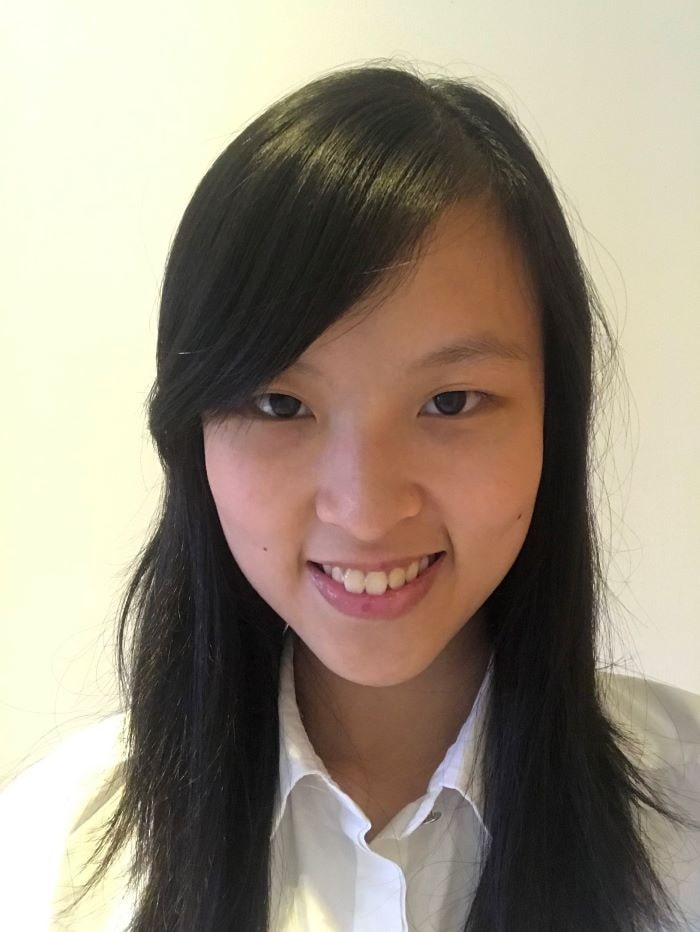
Li Ning Nicole Tan
- Scholar
- Singapore
- 2020 PhD Psychology
- Robinson College
For much of my life, my endeavours have been fuelled by a love of learning. Thus, as an undergraduate, I frequently pursued courses and research experiences that went beyond my primary field of Biological Sciences, allowing me to gain knowledge in a diverse range of disciplines. My experiences left me with a deep appreciation of how different disciplines can complement one another in an intricate heterosis of knowledge, and it is my wish that future generations would also be able to experience the same joy in learning that I have known all my life. As such, in my pursuit of a PhD in Psychology, I hope to contribute to intervention techniques to help children for whom learning might not come easily. I believe targeting developmental language disorder and dyslexia would be a wonderful start in encouraging learning, as it is often our ability to comprehend language that allows us to understand new concepts in the first place.
Previous Education
Nanyang Technological University Biological Sciences 2020
Ri Yang Benjamin Tan
- Alumni
- Singapore
- 2020 PhD Politics and International Studies
- Trinity College
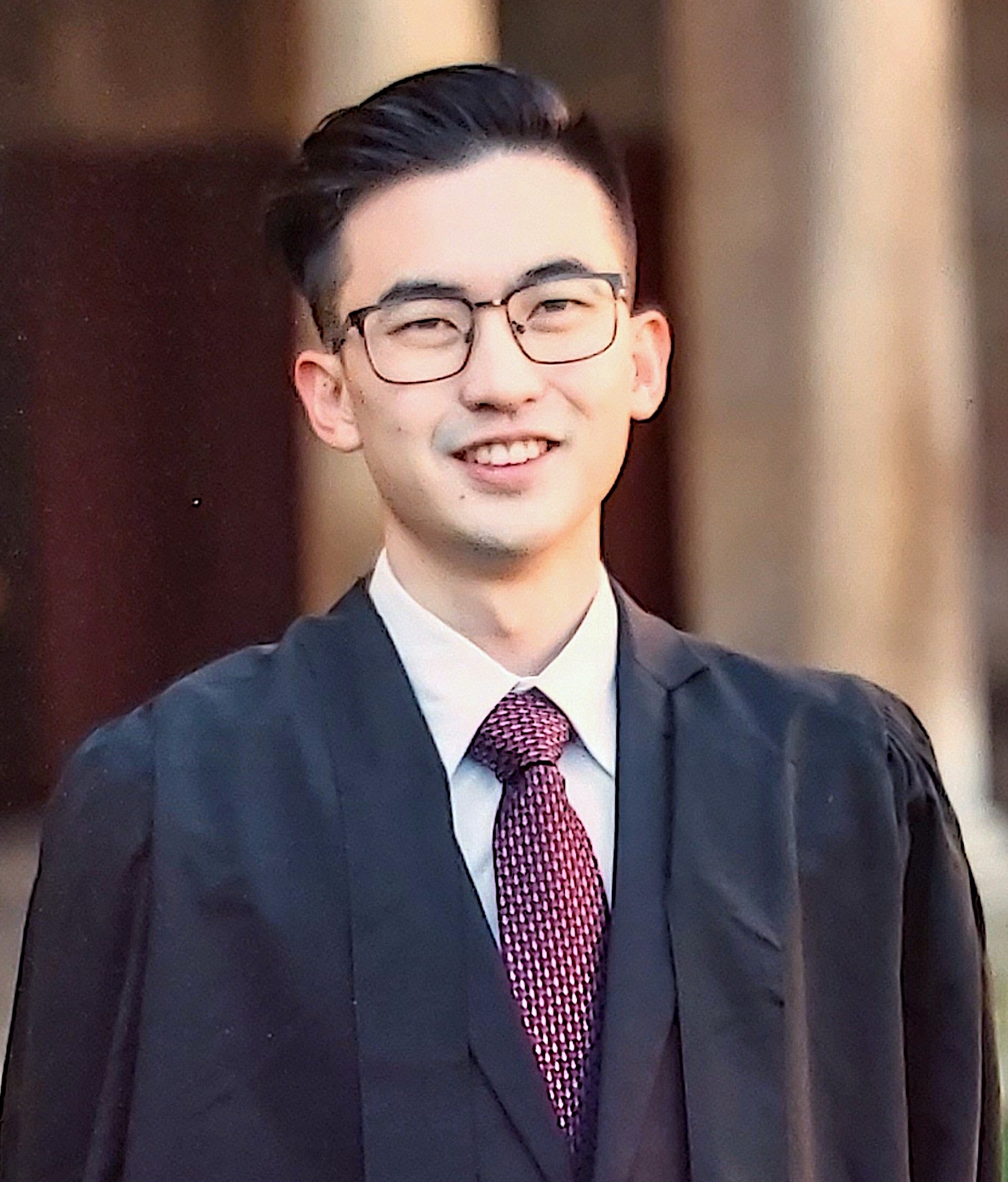
Ri Yang Benjamin Tan
- Alumni
- Singapore
- 2020 PhD Politics and International Studies
- Trinity College
Seetha Tan
- Scholar
- Australia
- 2022 PhD Sociology
- St Catharine's College
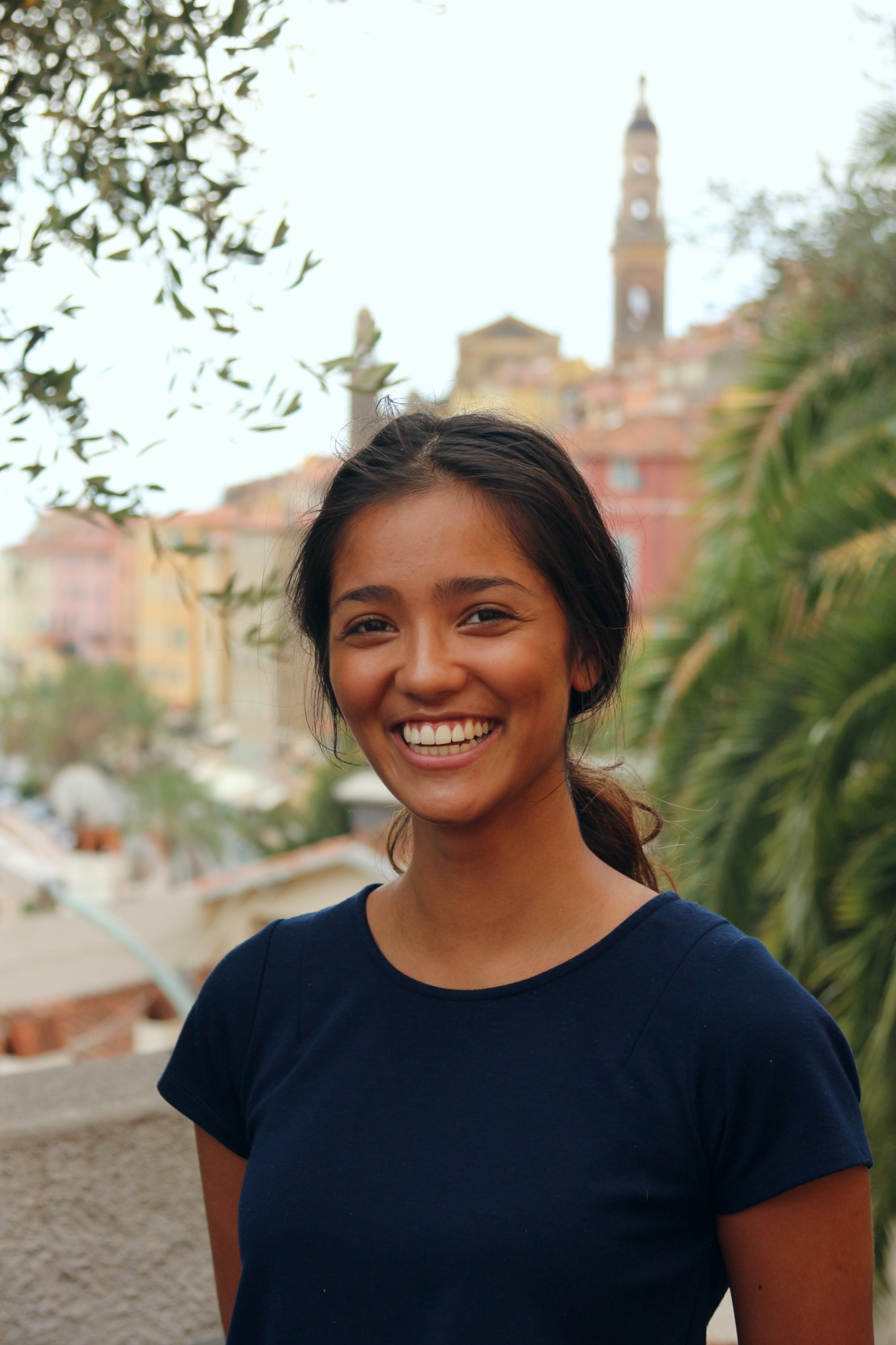
Seetha Tan
- Scholar
- Australia
- 2022 PhD Sociology
- St Catharine's College
My research focuses on the role of stories and storytelling to identity-formation within contexts of postcolonial migration. Growing up in Australia, in an Indian and Malaysian family, and now, studying in the UK, I have always been interested in how people, ideas, and stories travel through former imperial circuits. I am hoping to investigate how stories inform and construct identities, how stories are entangled with legacies of empire, and how various communities use stories to disrupt existing narratives of migration or colonialism. Through creative research methods such as food ethnography and music elicitation, I am specifically interested in forms of culinary and sonic storytelling.
Previous Education
University of Cambridge Sociology 2021
Sciences PO, Institut d'etudes politiques de Paris Middle Eastern Studies 2020
Su-Yin Tan
- Alumni
- Canada
- 2003 PhD Geography
- Wolfson College
Su-Yin Tan
- Alumni
- Canada
- 2003 PhD Geography
- Wolfson College
My ultimate career goal is to become a leading researcher in the development and use of geographic information technologies, as applied to the environmental and social sciences. Having spent my childhood in Papua New Guinea, I have always been fascinated with nature and my unique life experiences have strongly connected me to social needs. I believe that environmental problems are highly complex and require a multidisciplinary approach to solve them. By pursuing my proposed studies at the University of Cambridge, I hope to gain the technical expertise and practical experience needed to specialize in the application of such technologies in a socioeconomic and public health context. Following my PhD studies, I hope to continue in academia and to teach students, while participating in consultancy work in developing countries. By pursuing these interests, I hope to make a valuable contribution to the related areas of environmental protection, conservation, and sustainable development.
Wee Zi Tan
- Alumni
- Singapore
- 2008 MPhil Criminology
- Clare Hall
Wee Zi Tan
- Alumni
- Singapore
- 2008 MPhil Criminology
- Clare Hall
I am honoured to be part of the Gates community and to be given the opportunity to pursue my further studies here at Cambridge. I will be returning to Singapore to work in the prison service upon graduation and hope to use the knowledge gained in my course to improve the offender rehabilitation programmes in the prisons back home.
Tomás Tancredi
- Scholar
- Brazil, Italy
- 2024 PhD Social Anthropology
- King's College
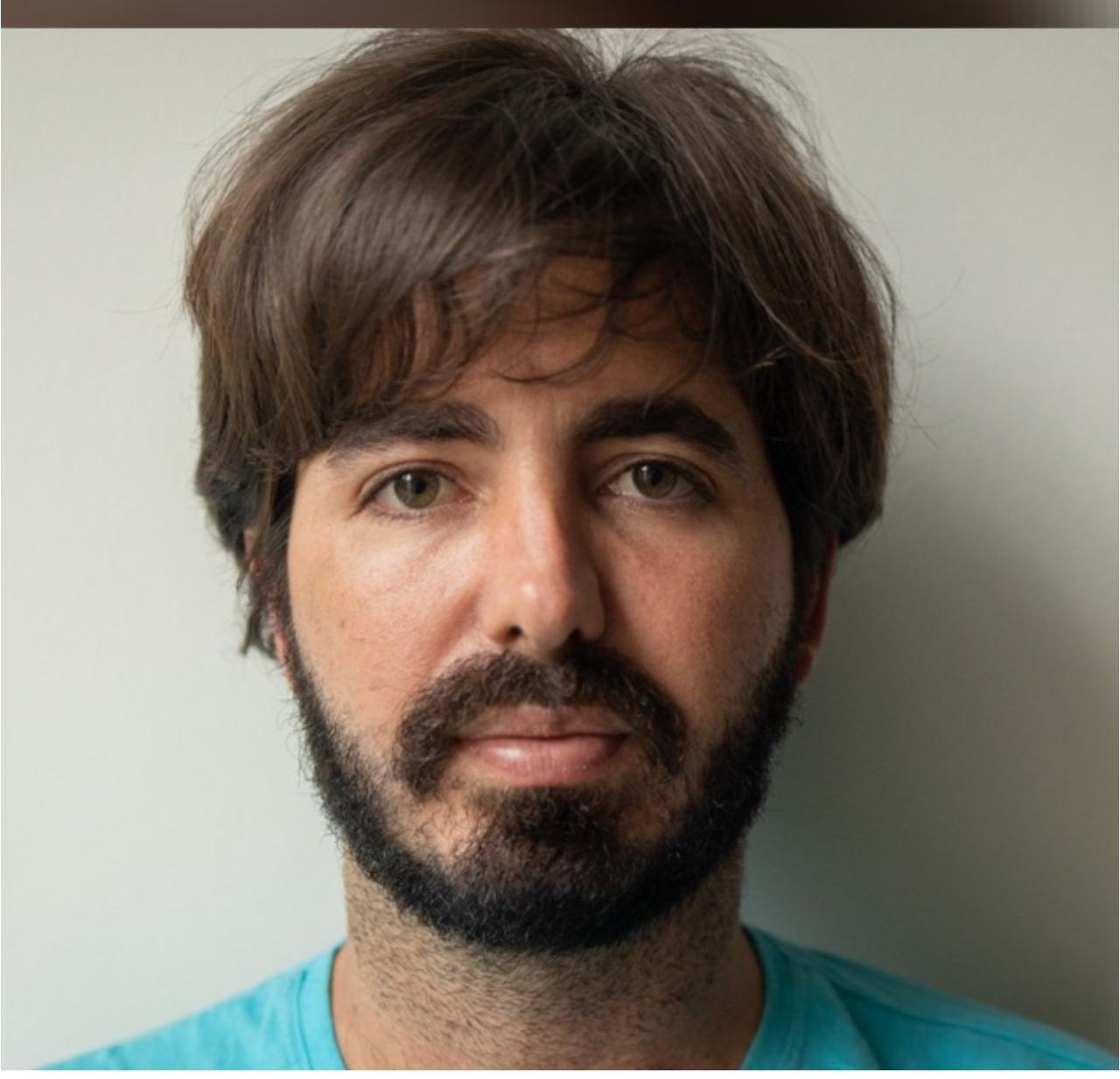
Tomás Tancredi
- Scholar
- Brazil, Italy
- 2024 PhD Social Anthropology
- King's College
I grew up in Florianópolis, southern Brazil, where I graduated as a psychologist at UFSC. I moved to Rio de Janeiro for a master's degree in Sociology and Anthropology at UFRJ. Since 2020 I lived in Roraima state, northern amazon, working for UN agencies and one Indigenous Organisation. During my master's, I researched the topic of indigenous suicide. My PhD research shifts the focus to indigenous politics in related to exctrativism, climate emergency, autonomy and colonialism.
Previous Education
Federal University of Rio de Janeiro Social Anthropology 2023
Universidade Federal de Santa Catarina Psychology 2017
Universita Degli Studi Bologna Antropologia Culturale
Avani Tandon Vieira
- Alumni
- India
- 2019 PhD English
- Christ's College
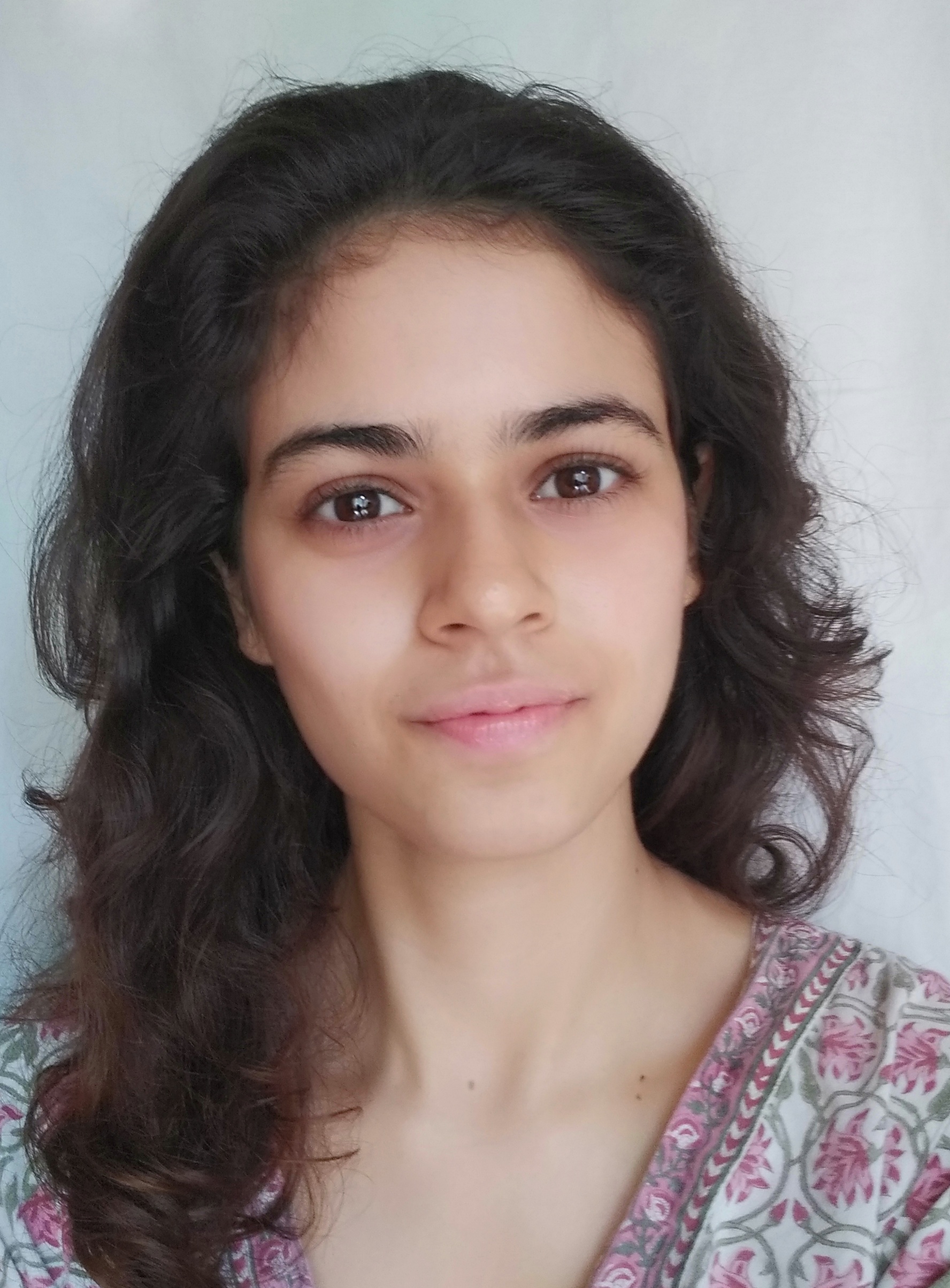
Avani Tandon Vieira
- Alumni
- India
- 2019 PhD English
- Christ's College
Over years of studying literature, first as an undergraduate at St. Stephen's College, Delhi and then as a Master's student at the University of Oxford, I have developed an appreciation for the narratives that often go unheard. My work considers independent literary expression in India and turns to the ways in which writing and documentation can transform how we occupy, understand, and move in the world. By looking to minority voices, through scholarship and curatorial work, I hope to bring attention to the politics of artistic practice, building spaces that are are aware both of their potential and their responsibility.
Previous Education
University of Oxford World Literatures in English 2017
University of Delhi English 2016
Andrew Tanentzap
- Alumni
- Canada
- 2007 PhD Plant Sciences
- Gonville and Caius College

Andrew Tanentzap
- Alumni
- Canada
- 2007 PhD Plant Sciences
- Gonville and Caius College
I work on integrating vertebrate herbivory into models describing how forests function. Such models, which have typically overlooked the significant impacts of large mammalian herbivores on their environments, can be extended beyond their standard conservation applications to predicting how forests may sequester carbon to limit climate warming.
Moncef Tanfour
- Alumni
- Algeria
- 2002 PhD Engineering
- St John's College
Moncef Tanfour
- Alumni
- Algeria
- 2002 PhD Engineering
- St John's College
Previous Education
UNITECH International Society, Switzerland UNITECH International Fellowship 2002
Imperial College London MEng Chemical Engineering, First Class Honours 2002
Delft University of Technology, The Netherlands International MSc Programme, Chemical Technology 2001
Links
Evelyn Tang
- Alumni
- Malaysia
- 2007 MPhil Physics
- Sidney Sussex College
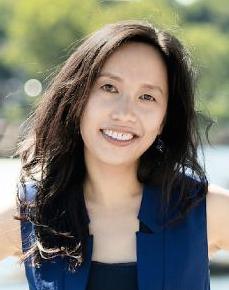
Evelyn Tang
- Alumni
- Malaysia
- 2007 MPhil Physics
- Sidney Sussex College
Evelyn Tang joined the faculty in the Dept. of Physics and Astronomy and the Center for Theoretical Biological Physics at Rice University, in 2021. Previously, she was a group leader at the Max Planck Institute for Dynamics and Self-Organization and before that, an Africk Postdoctoral Fellow at the University of Pennsylvania in the group of Dani Bassett. In 2015, she received her PhD in Physics from the Massachusetts Institute of Technology, where she worked with Xiao-Gang Wen on novel topological states in quantum electronic systems. She holds an MPhil from the University of Cambridge and a BS from Yale University. Tang is a recipient of an NSF CAREER award, a Scialog award, a Simons-Berkeley Research Fellowship, and a Gates Cambridge scholarship.
Previous Education
Yale University B.S. Physics 2007
Yilin Tang
- Scholar
- China
- 2025 PhD Architecture
- Churchill College
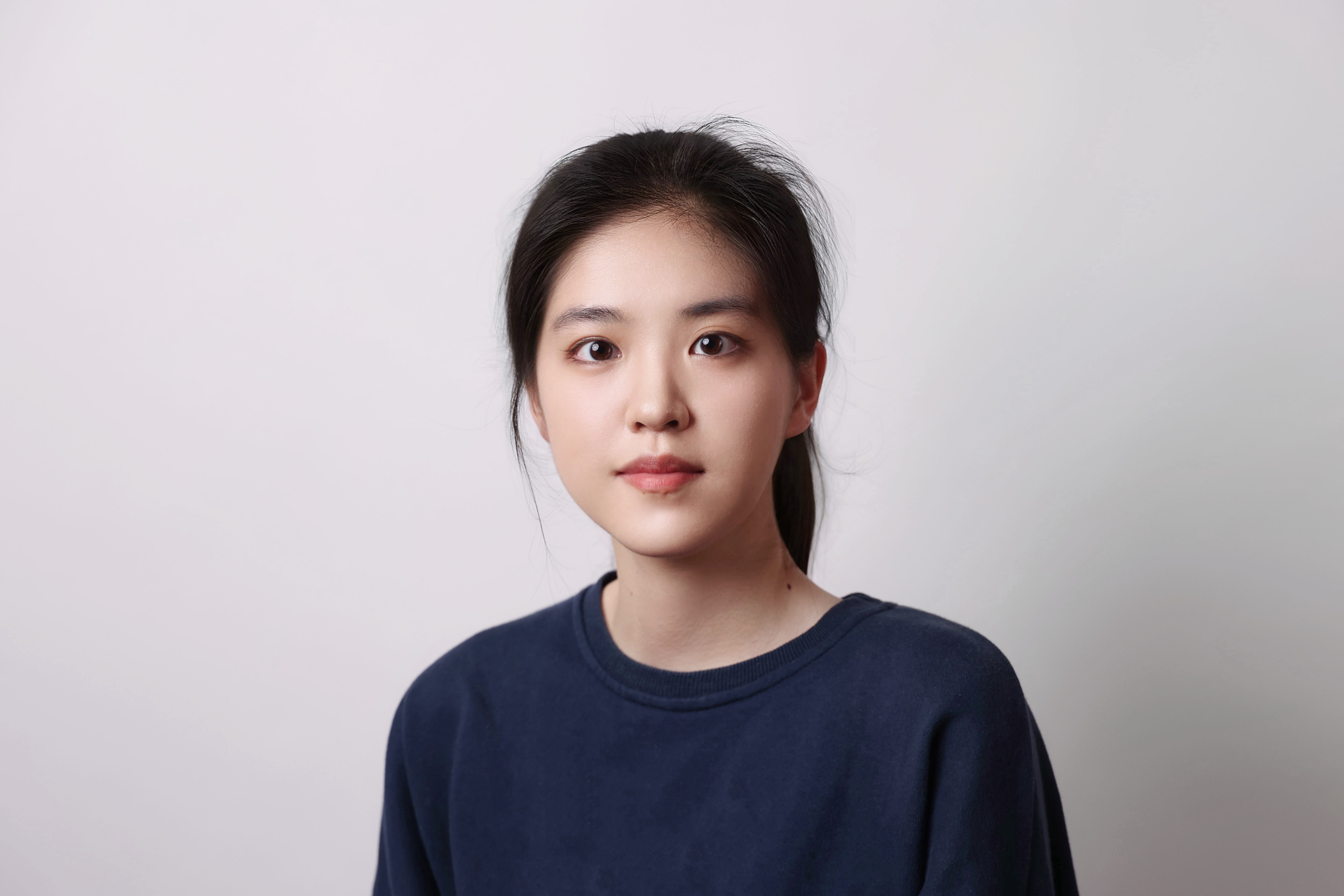
Yilin Tang
- Scholar
- China
- 2025 PhD Architecture
- Churchill College
I am always passionate about volunteer work. Having spent thousands of hours engaged with vulnerable groups, I witnessed their challenges and was deeply moved by how they faced the injustices of fate with such resilience. Thus, when I was doing my master's in Mechanical Engineering at Zhejiang University with a focus on human-centered computing, I decided to use my knowledge to conduct research that could harness the power of AI to improve the lives of people with disabilities. For example, I used large language models to provide personalized emotional training for children with autism and used large vision language models to offer contextual online social assistance for blind and low-vision people. By collaborating with international scholars, tech companies, and disability associations, I successfully transformed my research into practical AI-assisted systems that have benefited the disabled community in China. Of course, while using AI to assist people with disabilities, I have observed some ethical challenges posed by AI. Therefore, in my PhD studies, I plan to focus on constructing responsible AI systems for supporting disabled communities, to ensure that AI serves the disabled community in a responsible manner.
Previous Education
Beihang University Industrial Deisgn
Zhejiang University Mechanical Engineering
Aashka Tank
- Alumni
- India
- 2024 MPhil Innovation, Strategy and Organisation
- Robinson College
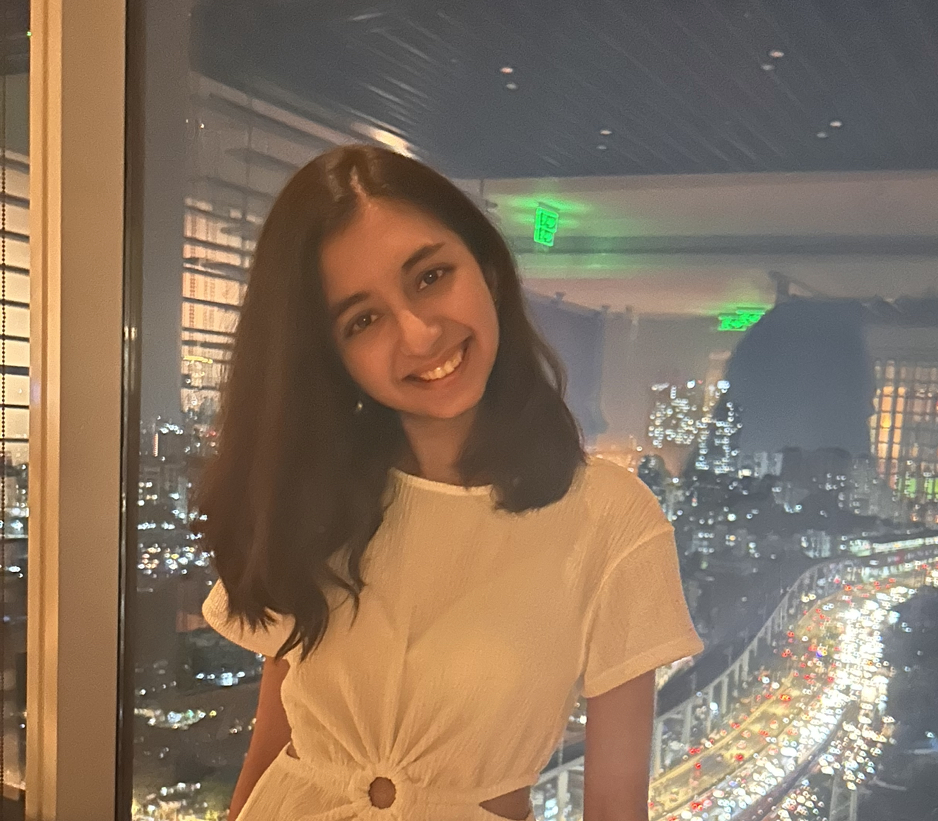
Aashka Tank
- Alumni
- India
- 2024 MPhil Innovation, Strategy and Organisation
- Robinson College
My early stint as the youngest intern in the upper house of the Indian parliament and more recently, on an election campaign for the Minister of Industry and Commerce, as well as devouring narrative non-fiction fuelled a resolve to bend the arc of my environs. Thus, being offered a scholarship with an emphasis on leveraging one's education to grapple with the thorniest challenges in the world is an incredibly salient milestone. While my experience as a research lead at King’s introduced me to organisational theory, independently exploring the notions of dynamic capabilities and the innovators’ dilemma that established behemoths face allowed me to make sense of both impact driven startups in Mumbai and fintech upstarts bent on scaling up that I had encountered in London. This led me to my degree and now I plan to use the tripartite lenses of innovation, strategy and organisation to unpack the conception of imprints as internal startups in the publishing industry; hedging risks through different kinds of title acquisitions and continually remoulding the cultural strategy of the business to capture the zeitgeist.








